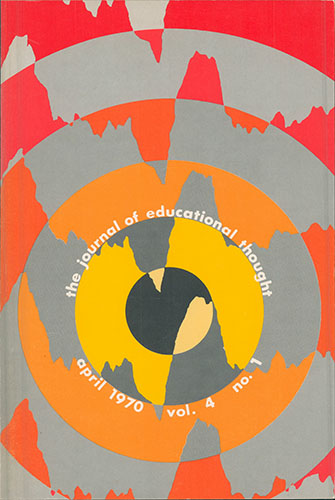The International Schools of the European Community: Cause or Consequence of European Unity
DOI:
https://doi.org/10.55016/ojs/jet.v4i1.43544Abstract
Education has played a vital role in the development of Europe as we know it today, and this is particularly true of the development and extension of nationalism during and following the eighteenth century. The very fluid sense of belonging which the seventeenth century European experienced had gradually solidified into national molds, cemented by certain common features. The educational systems, both formal and informal, incorporated these national features into their curricula, thus establishing permanent divisions among the various European states.
Today, many responsible European and American statesmen are attempting to lower - if not to remove· - these national barriers. The economic and political costs of international rivalry are too great. Between 1870 and 1950 Europe's share of the total manufactured products of the world dropped from 70 per cent to less than 35 per cent.1 Conversely, the United States had during this time risen to first place, and her success could be attributed largely to the unrestricted economic movement among her states.
Downloads
Downloads
Published
Issue
Section
License
The Journal of Educational Thought retains first publication rights for all articles. The Journal grants reproduction rights for noncommercial educational purposes with the provision that full acknowledgement of the work’s source be noted on each copy. The Journal will redirect to the appropriate authors any inquiries for further commercial publication of individual articles. All authors wishing to publish in JET will be asked to fill in and sign a Consent to Publish and Transfer of Copyright agreement.
Authors must affirm that any submission to JET has not been and will not be published or submitted elsewhere while under considration by JET.

